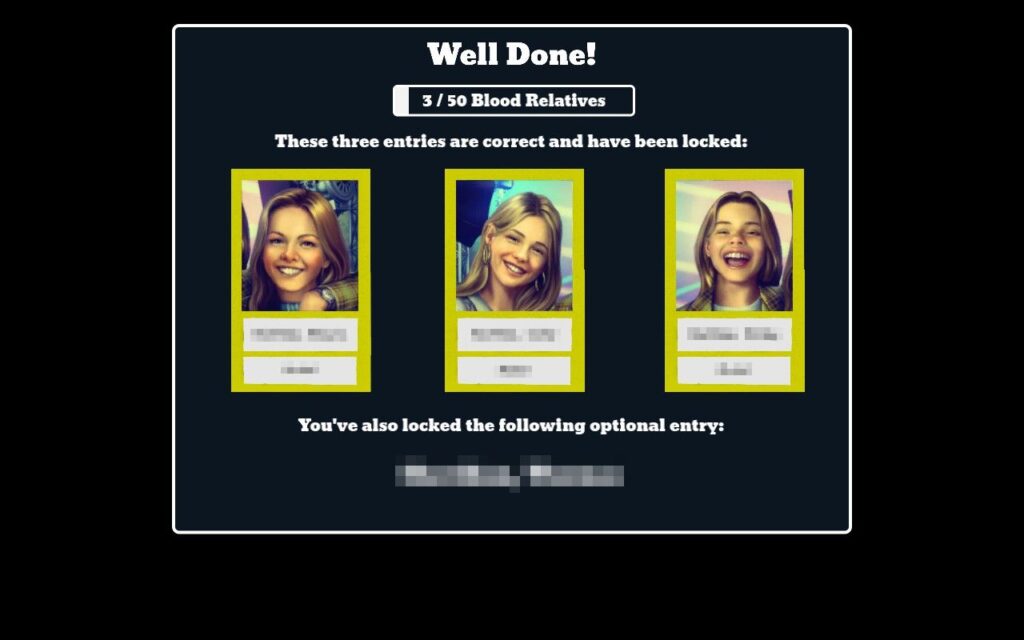
Yeah, I probably should have just believed Yahtzee: I guess deduction simulators really do need a kraken to show up from time to time to make things interesting.
Continue reading “The Roottrees are Dead”
Yeah, I probably should have just believed Yahtzee: I guess deduction simulators really do need a kraken to show up from time to time to make things interesting.
Continue reading “The Roottrees are Dead”I suppose it’s a little weird to put a game I’ve spent 25 years of my life trying to beat into Tier Two, but here we are.
Continue reading “Nethack”Sequel to the original philosophical Portal-like The Talos Principle, Croteam has decided that “sequel” just means “bigger.” While this isn’t entirely wrong, there are times they take that ethos a bit too far. I’ll be up-front: The Talos Principle II gets a Tier Two – there are many moments it reaches into Tier One, but particularly when compared to the original it never quite stays there. Regardless, this is probably worth a look if you played the original and want “more” (though not necessarily “better”). Read more after the break, where I’ll keep any spoilers to a minimum.
Continue reading “The Talos Principle II”I’ve sunk a weekend into Baldur’s Gate 3 now. This wasn’t something I initially planned on doing (for reasons detailed later), but a friend of mine generously gifted it to me to co-op over a free weekend. So I’m here to say: it’s fine. Not terrible, not terribly amazing. And if you like Divinity: Original Sin and Dungeons and Dragons Fifth Edition, you’ll probably like Baldur’s Gate 3.
Continue reading “Baldur’s Gate 3”Spiritfarer is in that category of games specifically designed to make you cry. While it is often successful at creating those situations, the gameplay portions quickly pile up to become chores, rather than cathartic or relaxing. Then it pulls an Ethan Carter. Spoiler below.
Continue reading “Spiritfarer: Farewell Edition”I didn’t initially intend to write this. But here we are. Huge, massive spoilers for anything and everything ahead.
Continue reading “Elden Ring (Completed)”I’m still not sure if I’ve played enough for a fair review, but at 24 hours I have to think I have the gist of it.
Continue reading “Elden Ring”